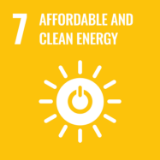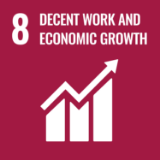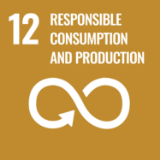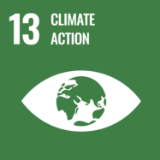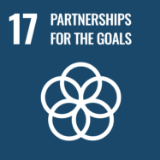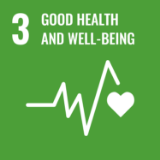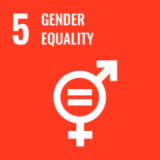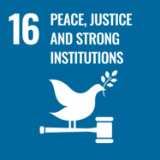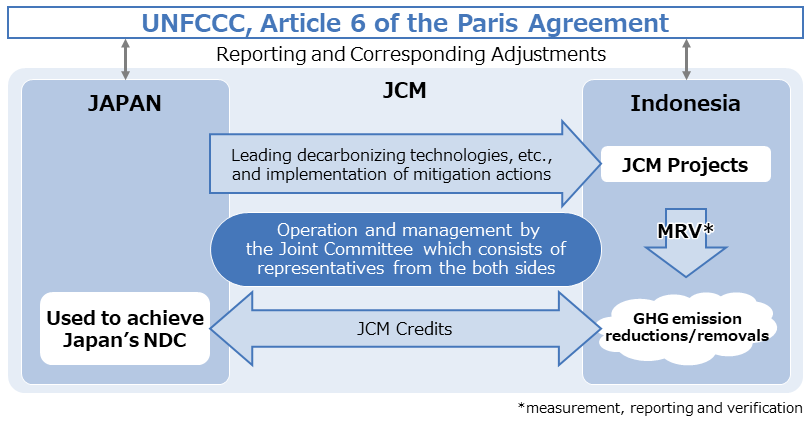
Sustainability
- Home
- Sustainability
- Sustainability
Sustainability
NiX JAPAN GROUP will contribute to building a sustainable society by providing high value-added solutions
that contribute to the realization of a decarbonized society.
And we will work to become a company that is needed by a sustainable society
through management that balances solving social issues and increasing corporate value.
Sustainability initiatives
In the energy business, one of NiX JAPAN GROUP’s priority businesses, we will contribute to a decarbonized society by utilizing renewable energy generated by our own company and maintaining a 100% renewable energy utilization for the entire NiX JAPAN GROUP.
< Initiatives for 100% renewable energy use >
-
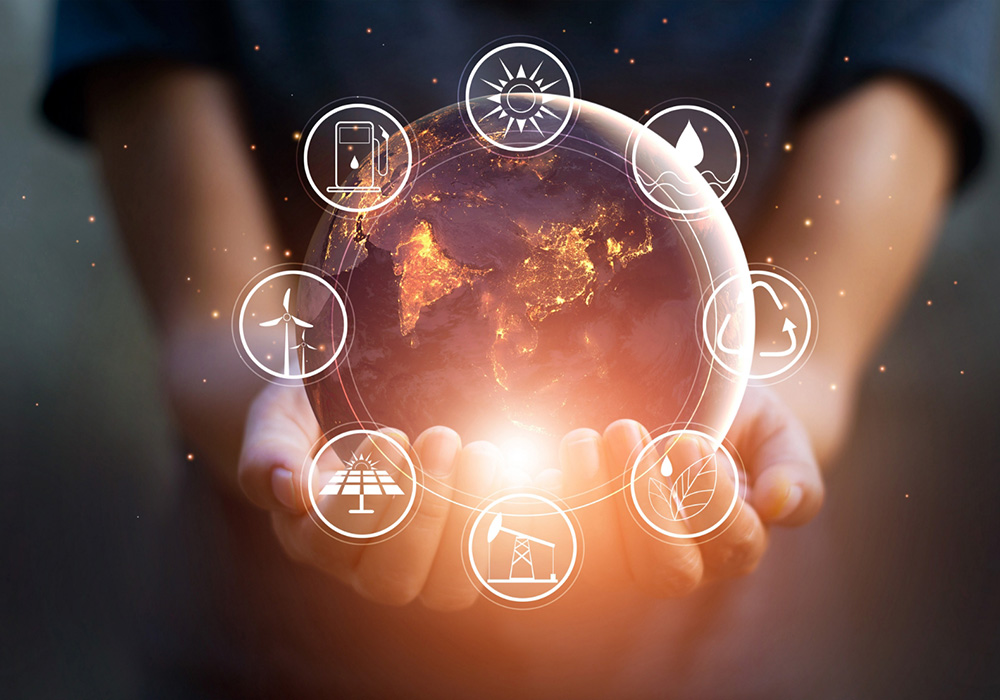
Development of renewable energy business
-
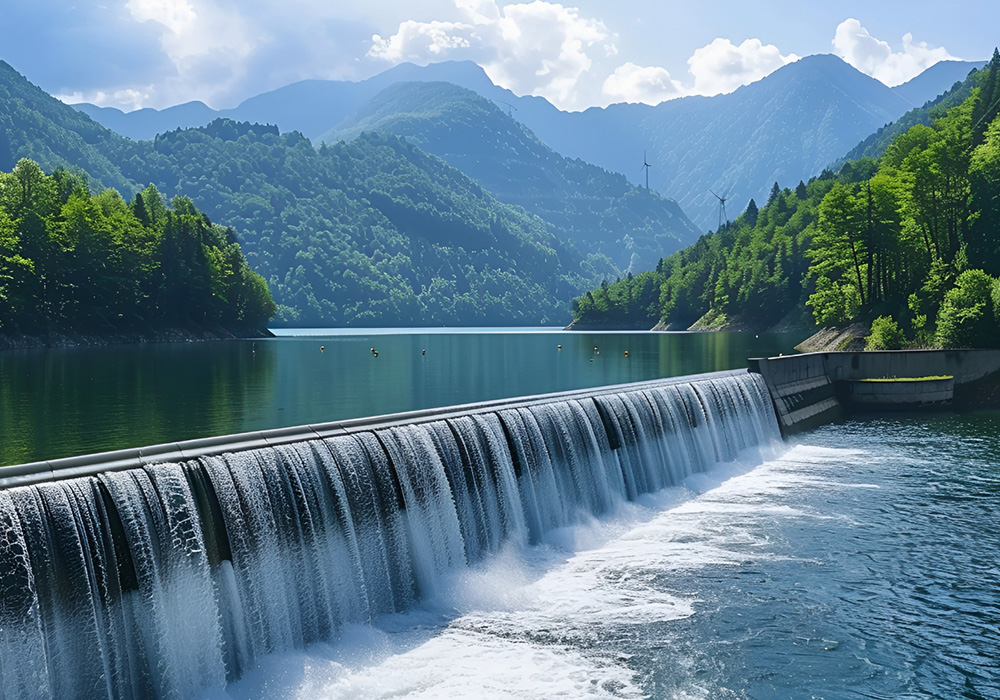
Utilization of in-house generated power sources
-
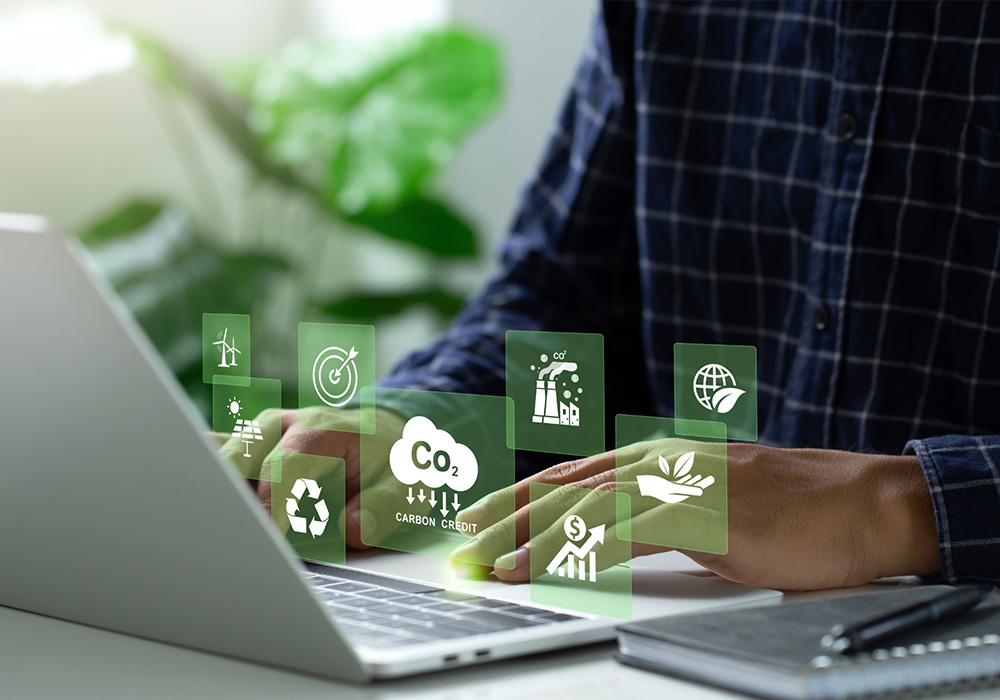
Certification of environmental value from renewable energy
The one of the NiX JAPAN GROUP, NiX New Energy Co., Ltd. (hereinafter referred to as “NNE”), has concluded a FIT-Specific Wholesale Supply Contract (*1) with a retail electricity provider for renewable energy power generated by the Yudani River Small Hydro Power Plant (hereinafter referred to as “the Power Plant”) that it developed and operates, and supplies such power through a general transmission and distribution company.
In accordance with this FIT-Specific Wholesale Supply Contract, it is now possible to obtain Non-fossil Fuel Certificate with Tracking (*2) for the electricity generated at this power plant.
As a result, all of the total electricity used by the NiX JAPAN GROUP (653,950 kWh in total) in its business activities in Japan during fiscal 2024 (April 2024 to March 2025) was effectively converted to renewable energy through the carbon offset method, we have achieved 100% utilization of renewable energy.
(*1) FIT-Specific Wholesale Supply Contract
The FIT Specific Wholesale Supply Contract is a special contract that allows the direct supply of electricity generated by renewable energy power plants under the Feed-in Tariff (FIT) scheme to a specific retail electricity supplier. This contract is a mechanism whereby a general transmission and distribution utility supplies electricity through its transmission and distribution network based on a contract between a specific power generation company and a specific retail electricity company, without going through a general wholesale electricity trading market, to meet the electricity procurement needs from specific power sources.
(*2) Non-fossil Fuel Certificate with Tracking
The non-fossil certificate with tracking is a certificate of the environmental value of electricity generated without using fossil fuels, and the certificate is associated with detailed information (tracking information) such as the type of power source (e.g., hydro, solar, wind), location of the power plant, and time of generation of electricity. It becomes clear which environmental value is being used, ensuring the traceability of electricity and enabling highly transparent information disclosure.
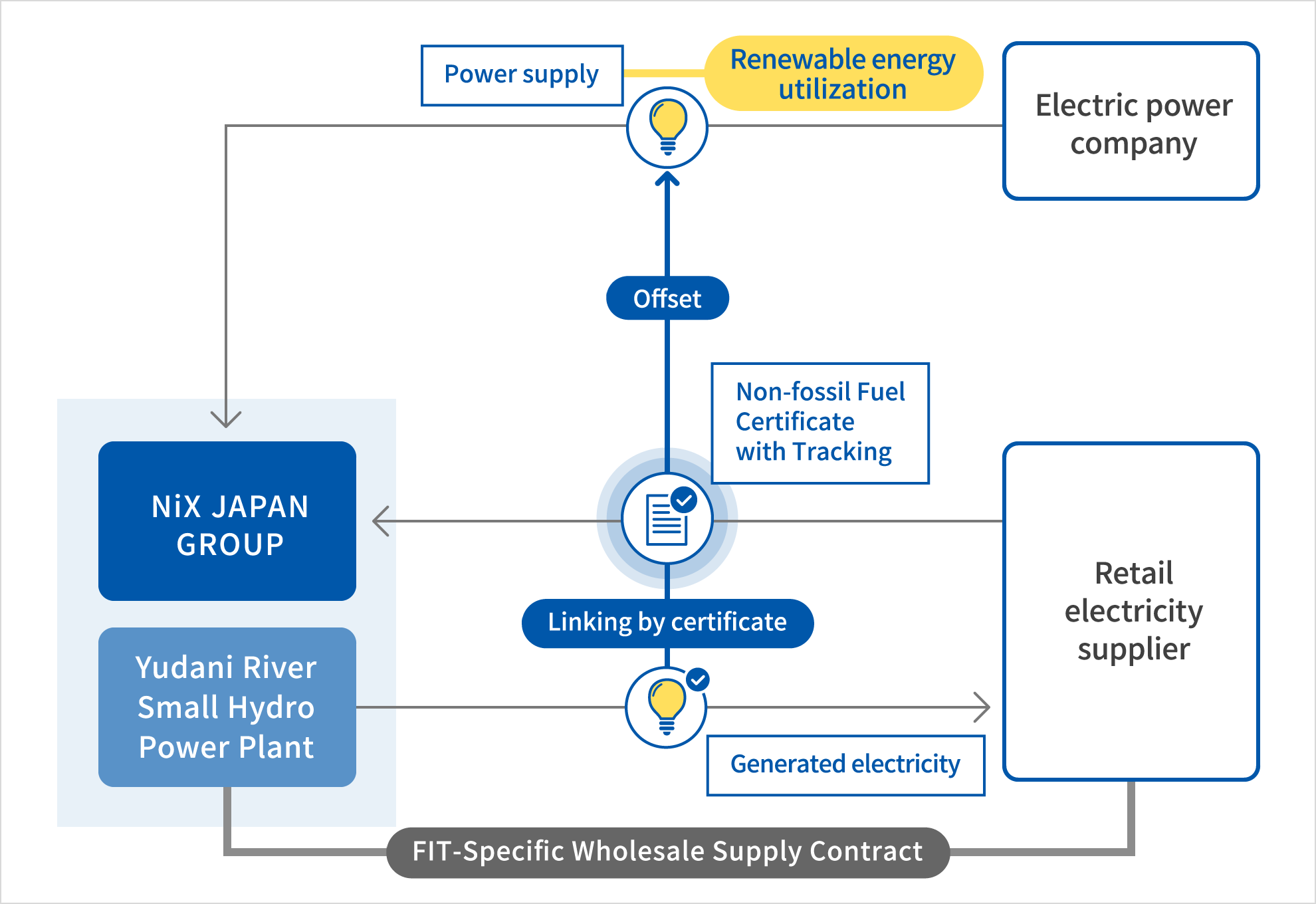
The NiX JAPAN GROUP has set the achievement of 100% renewable energy use in Japan as one of its goals, and will continue to accelerate its decarbonization efforts with the aim of achieving 100% renewable energy use across the entire NiX JAPAN GROUP, including overseas group companies. We will continue to develop our energy business as part of our own business and make ongoing efforts to reduce the environmental impact on society.

Development of renewable energy business
In-house power generation business in Japan
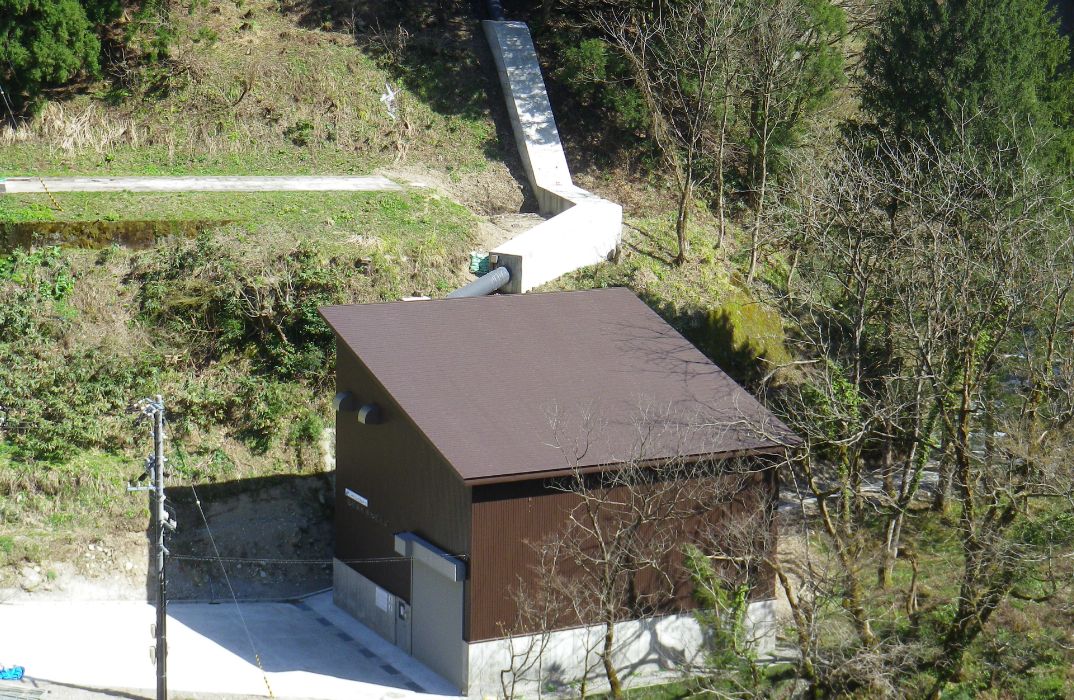
Development for four renewable energy projects in Japan as an In-house power generation business
Total output:2,461kW Total CO2 emissions reduction:3,766t-CO2
Overseas energy business
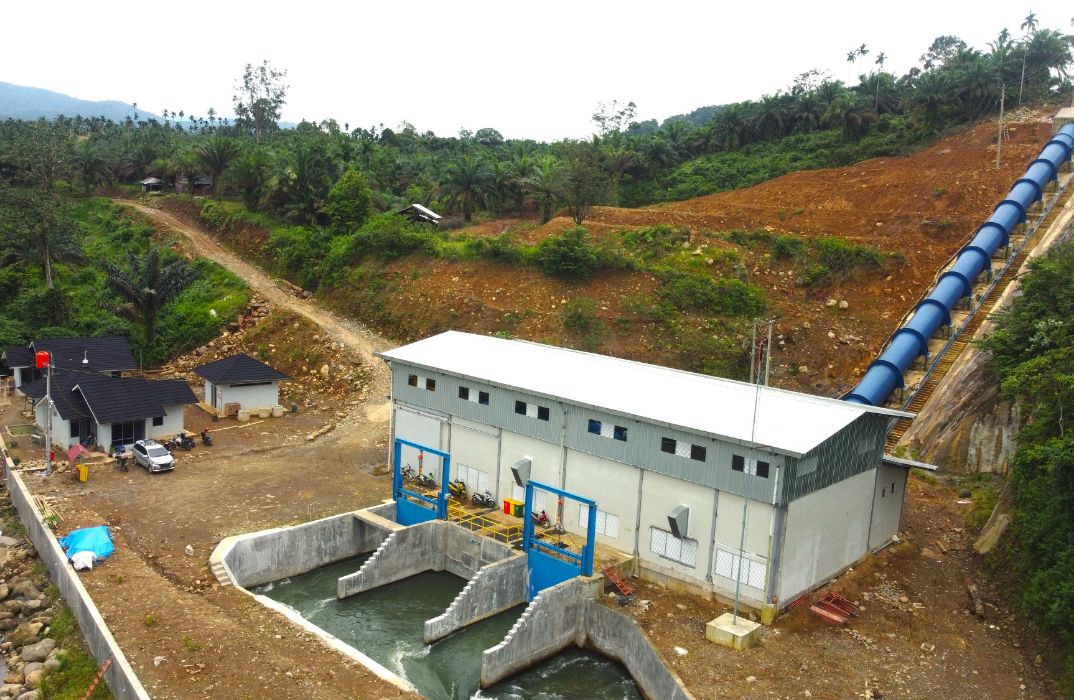
Implementing hydro and solar power generation business in Indonesia
(Factories and commercial facilities) In operation
(including contracts) About 30,000kW

RE Action – Renewable Energy 100% Declaration

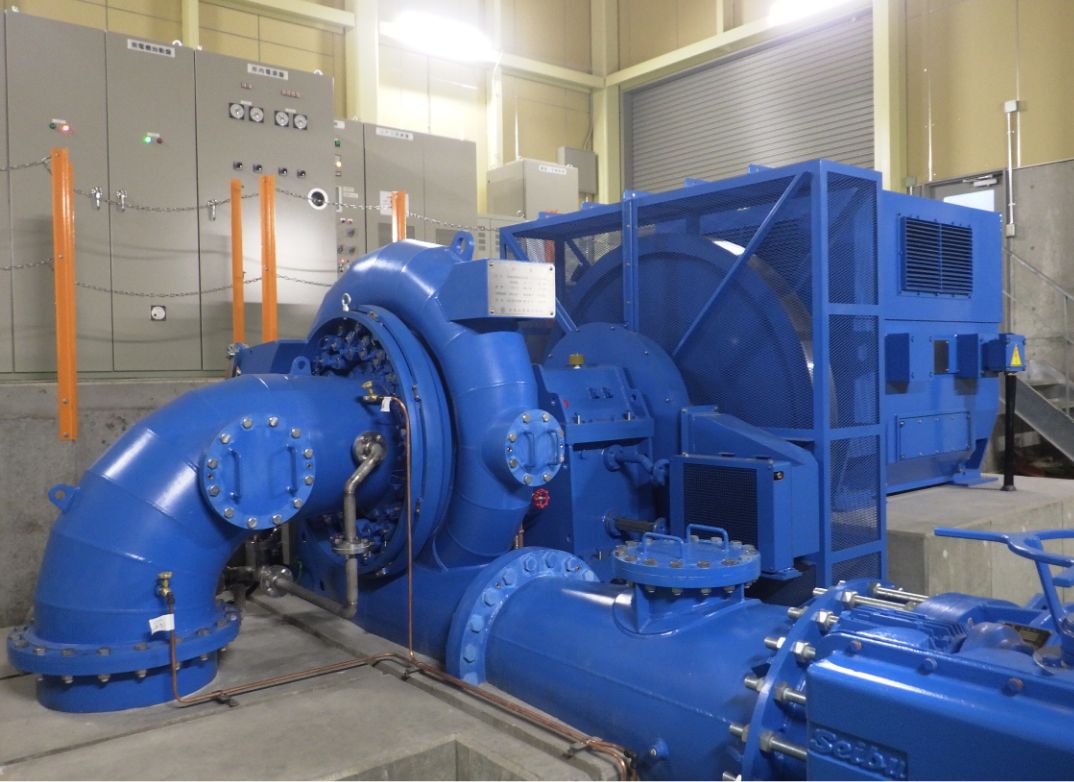
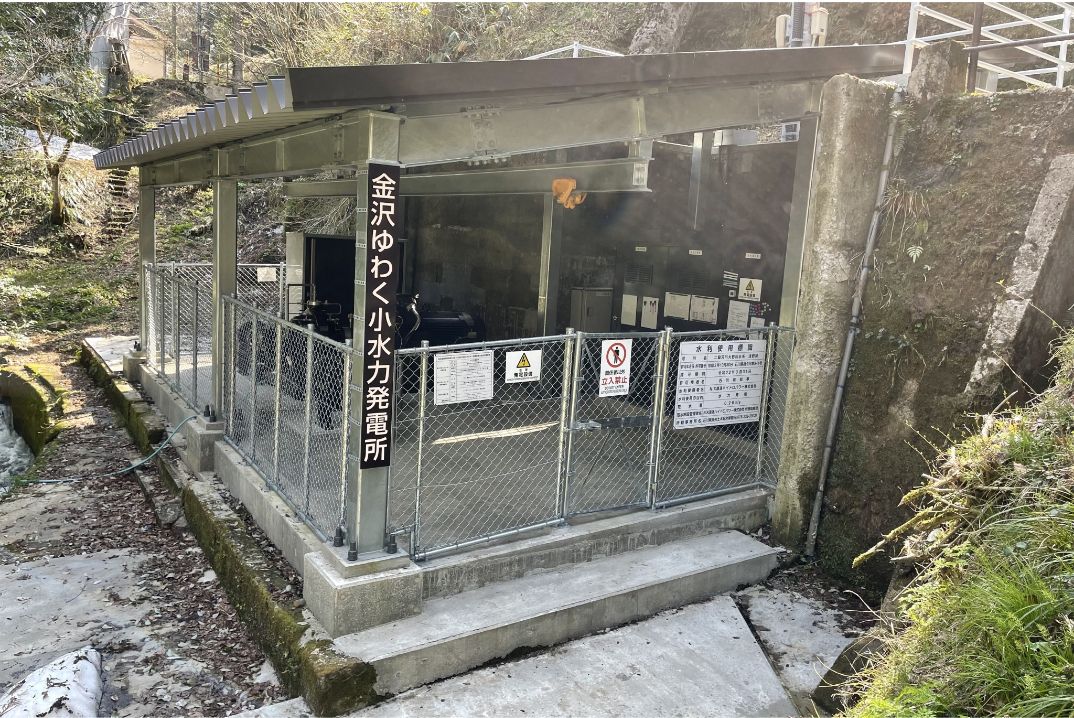
NiX JAPAN GROUP has set a goal of 100% renewable energy use for the entire group’s electricity consumption by 2030, and participated in the “RE Action – Renewable Energy 100% Declaration” in 2023.
The “RE Action – Renewable Energy 100% Declaration” is a new framework for companies, local governments, educational institutions, medical institutions, and other organizations to demonstrate their intention and actions to switch 100% of their electricity consumption to renewable energy, and to promote the use of 100% renewable energy.
NiX JAPAN GROUP is developing renewable energy businesses such as hydro and solar power generation in Japan and overseas, and will continue to contribute to the realization of a decarbonized society by strengthening the development of renewable energy businesses.
By utilizing power generated in-house, we aim to achieve 100% renewable energy use for the entire NiX JAPAN GROUP by 2030 and strive to become a company that contributes to a sustainable society.
And NiX JAPAN GROUP will continue to make efforts to contribute to the goals of the SDGs through various businesses and initiatives.
Please click on the following link to learn more about the “RE Action – Renewable Energy 100% Declaration”.

Joint Crediting Mechanism (JCM)
The Joint Credit Mechanism (JCM) was established and is being implemented to quantitatively evaluate Japan’s contribution to the reduction and absorption of greenhouse gas (GHG) emissions through the diffusion and implementation of excellent low-carbon technologies, products, systems, services, or infrastructure in developing countries to utilize the results to achieve Japan’s reduction targets. JCM allows Japanese companies to implement projects in cooperation with local companies in partner countries, etc., and to obtain “credits” for the amount of CO2 and other GHG emission reductions reduced or absorbed in the projects, which can then be used to achieve Japan’s GHG reduction targets. The credits obtained through the JCM scheme can be used for carbon offsetting and can be transferred and traded through the transfer of credits. Currently, Japan, together with 17 other countries, is implementing JCM to combat climate change. This scheme promotes the implementation of the Paris Agreement and the establishment of carbon neutrality, while also contributing to sustainable development in partner countries.
Tongar hydro power project developed in Indonesia was selected by the Ministry of Environment as a “6MW Mini Hydro Power Plant Project in West Pasaman, West Sumatra ” in the “Subsidy Scheme under the FY 2020 Joint Crediting Mechanism (JCM) Financing Programme” (*1), and we promoted the project as the Representative Participant. The project is expected to reduce GHG emissions by 18,319 tCO2/year, contributing to the realization of a carbon-neutral society. This project is being implemented in cooperation with the Indonesian and Japanese governments. The GHG reductions calculated from the implementation of this project will be issued as credits, which can be used to help Japan and its partner country, Indonesia, achieve their GHG reduction targets.
(*1) Subsidy Scheme: This project aims to reduce GHG emissions in developing countries, etc. by utilizing superior decarbonization technologies and other means and to conduct measurement, reporting, and verification (MRV). The objective is to reduce GHG emissions in developing countries, etc., and to contribute to the achievement of GHG emission reduction targets in Japan and partner countries through JCM. The subsidy is up to one-half of the initial investment costs for excellent decarbonization technologies, etc.

- Project name
- 6MW Mini Hydro Power Plant Project in West Pasaman, West Sumatra
- Representative Participant
- NiX JAPAN Co., Ltd.
- Partner Participant
- NiX New Energy Co., Ltd.,
PT. OPTIMA TIRTA ENERGY
- Expected GHG Emission Reductions
- 18,319 tCO2-eq./year
As a business operator, this not only improves the profitability of the project but also has significant implications for the SDGs and ESG guidelines as a company. We have been promoting renewable energy business in Japan and overseas with the aim of solving social issues such as decarbonization and alleviating electricity shortages, and we will continue to fulfill our social responsibility further by expanding our business both in Japan and overseas. We will also strive to increase the amount of renewable energy in Indonesia and contribute to achieving a realistic energy transition in the country.

